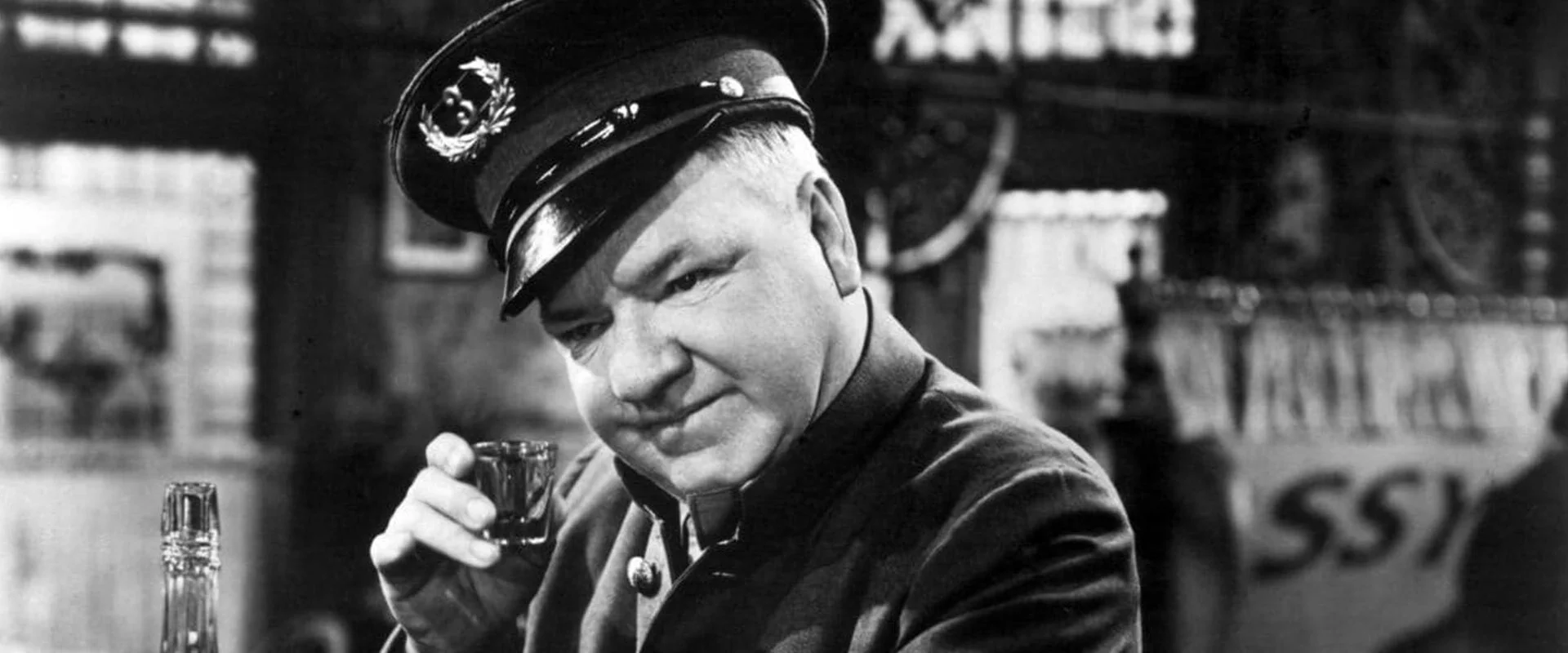Titus & Paul Cantor, America's eminent Shakespearian, talk movies, TV shows, & tragedy. From Godfather to Breaking Bad, from Aristotle to Mark Twain, we talk about how to understand pop culture & how to understand America's great love affair with tragic heroes (now called anti-heroes). Podcast
Read MoreTitus & Paul Cantor talk about David Milch's most famous achievement, Deadwood--the movie & the TV show both: A lawless, but orderly vision of America. An America with commerce but without religion, with freedom but without equality--what kind of community & what kind of justice is possible in such a situation? Podcast
Read MoreIf Shakespeare were alive today, would he write for television? Cantor and Kristol discuss the medium of TV. Paul Cantor explains what can we learn about contemporary America from our popular TV shows. Conversation
Read MoreTim Burton’s Mars Attacks! comically subverts the ideology of the standard American flying saucer movies of the 1950s. They celebrated the federal government as the American people’s savior, portraying a military-scientific elite dealing effectively with extraterrestrial threats to the US. Burton’s film debunks elites and suggests that a motley assortment of ordinary people would be more successful in dealing with an invasion from Mars. Chapter 4
Read MoreThe introduction to Part Two of The Invisible Hand in Popular Culture, “Maverick Creators and Maverick Heroes” Introduction
Read MoreThis chapter analyzes the television series Deadwood in terms of the philosophical concept of the state of nature. The show raises the question of whether a community should be ordered from the top down or from the bottom up. Deadwood goes to the heart of the central issue of the Western: is it possible to have order without law? Chapter 3
Read MoreThis chapter shows that Gene Roddenberry’s experience writing for the television Western Have Gun—Will Travel introduced him to many of the motifs and themes he later developed in Star Trek. It thus provides a case study of the hidden connections between the Western and science fiction. It also uncovers the tension between elites and common people in the mythology of the Western. Chapter 2
Read MoreThis chapter studies John Ford’s The Searchers against the background of Aeschylus’ trilogy, the Oresteia. As revenge tragedies, both works explore the thin line between barbarism and civilization. Ford portrays the tragedy of the isolated heroic figure who tries to bring order to the Wild West, and in the process must adopt some of the barbarism of the enemies he fights. Chapter 1
Read MoreThe introduction to Part One of The Invisible Hand in Popular Culture, “Freedom and Order in the Western” Introduction
Read MoreThe introduction argues that analyzing pop culture may require modes of interpretation that differ from those often invoked in the world of high culture. The creative models often deployed in pop culture—multiple authorship and improvisation followed by feedback—do not necessarily result in inferior art. Introduction
Read MoreCantor explains why great art is usually popular in its time, and why today’s best television shows will have enduring cultural value. How do media such as Greek tragedy and TV evolve from simple beginnings to become venues for great art? Conversation
Read MoreConsidering the American Dream, Cantor reflects on why “a country which promises freedom can’t guarantee that freedom won’t be misused.” Conversation
Read MoreWhat is a Western? How and when did The Western emerge as an art form? Paul Cantor shares his perspective. Conversation
Read More




















